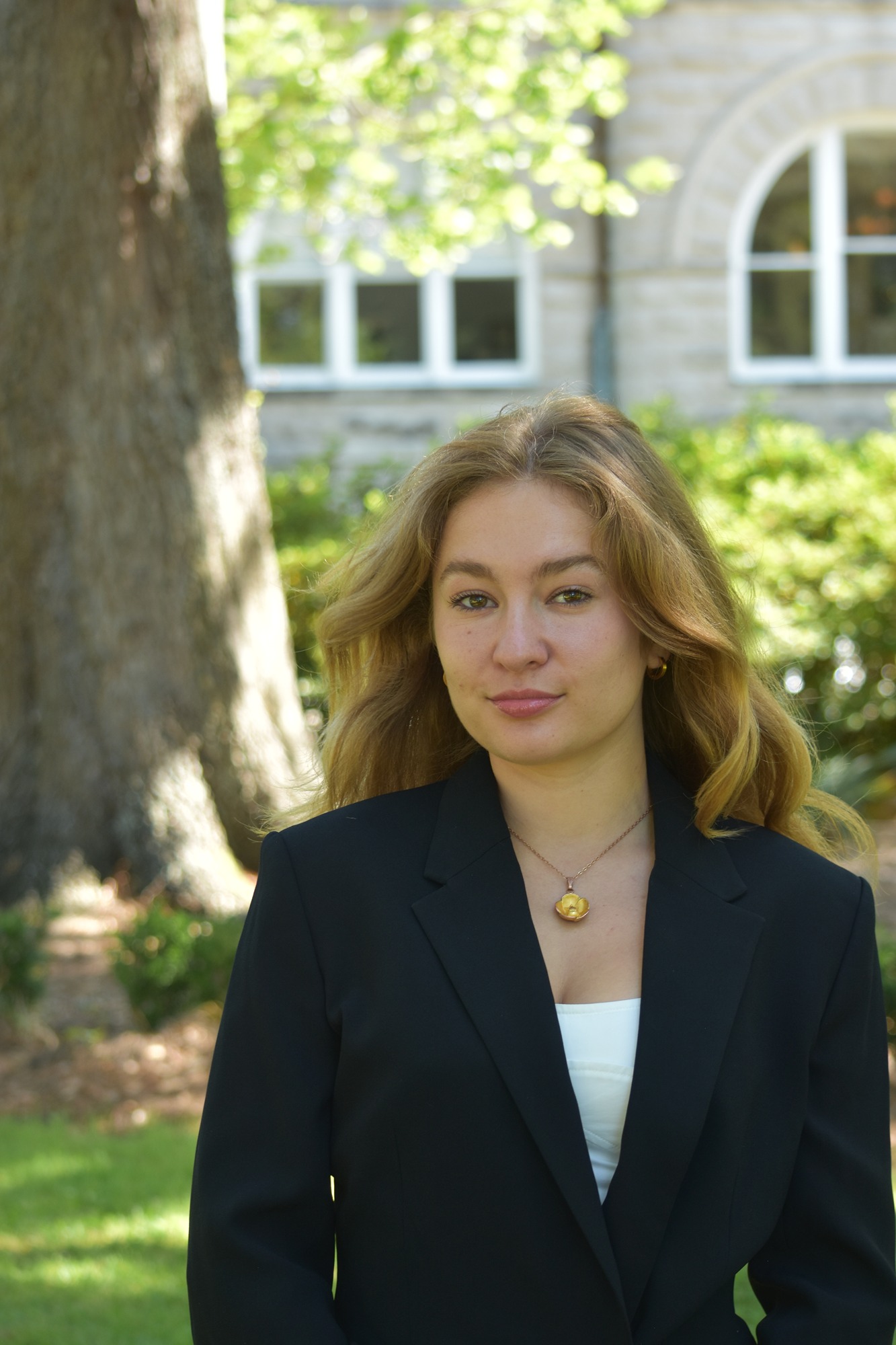How on earth do I network in the nutrition and dietetics community?

Networking. The word alone can feel intimidating, conjuring up images of awkward small talk in windowless conference rooms or sending DMs into the void of LinkedIn. But here’s the thing: if you're a nutrition and dietetics student, networking isn’t just helpful, but essential. And you don’t need a PhD in conversation to get started. You just need to put yourself out there.
I did my undergrad in the U.S., at an institution that emphasised alumni engagement. Looking back, one of the most valuable parts of my education wasn’t in the classroom or the lab; it was the constant encouragement to reach out, meet people, and make connections. You can do it too - here’s how.
The magic of respectful cold messaging
Cold messaging on LinkedIn sounds scarier than it is. It’s really just introducing yourself to someone whose work you admire. And trust me, people love to talk about their research. Here’s a simple, respectful LinkedIn message template that has worked for me:
Hi [Name],
My name is [Your Name], and I’m currently studying [Your Course] at [Your University]. I recently came across your work on [specific project, article, or topic], and I found it inspiring. I’m hoping to learn more about [specific area or career path], and I’d love to hear about your experience if you’re open to a quick chat [propose a time and date].
Thanks for your time, and I hope to connect!
Short, specific, and respectful of their time. Worst case? They don’t reply. Best case? You just found a mentor, a summer internship or your future employer.
Show up – and then follow up
Social media is one way in. Real life is another. Go to the panel. Go to the seminar. Go to that random lecture your professor keeps promoting. And when you’re there, don’t sit silently in the back row. Ask a question. Stay after. Introduce yourself to the speaker. Yes, it feels awkward. But here’s a secret: everyone feels awkward. The ones who succeed are just the ones who do it anyway.
Afterward, follow up with a short email:
Subject: Connecting after [Event Name]
Hi [Name],
Thank you for speaking at [Event Name]. I especially appreciated your insight on [something specific they said]. I’d love to stay in touch and continue learning from your work.
Best, [Your Name]
Following up with an email increases your chances of making a connection. Someone is unlikely to remember the one face in a sea of people that comes up to them after a presentation, but an email helps jog the memory and shows initiative.
Professors: your built-in network
One of the most underused resources at universities? Your professors. These are people who have spent decades building careers in research, academia, policy, and industry. They have connections, insights, and access to opportunities. The best part is that they want to help you. That’s their job. Go to office hours; talk to them after class; ask about their career path, not just the course material. If they see you’re genuinely interested, they may remember you when a lab internship, a conference spot, or a job referral pops up.
Stop waiting to feel ready
You may never feel ‘ready’ to network. There will always be someone more qualified, more confident, more experienced. Network anyway. Networking isn’t about being the smartest person in the room. It’s about being present, curious, and proactive. It’s about raising your hand, sending that message, and asking the question that’s on your mind. It’s not glamorous. But it works.
Take advantage of where you are. If you're lucky enough to study in a hub for research, medicine, or policy (like London), you're surrounded by professionals - professors, researchers, industry experts - who may want to connect. There are people making things happen in your field, often within a few blocks of your campus. Use your city. Use your professors. Use LinkedIn. Use that random event flyer taped to the hallway bulletin board. The nutrition and dietetics community is more accessible than you think, as long as you’re willing to put yourself out there.
It’s easy to focus on hard skills, grades, and research projects, which are important. But your ability to connect with people? That’s a life skill that will take you far.

Setareh Alavi is a Clinical and Public Health Nutrition Master's student at University College London (UCL). She has a strong background in journalism, writing op-eds for The Tulane Hullabaloo and reporting on public health in Chile. She aims to use journalism to advance health and nutrition.

Comments